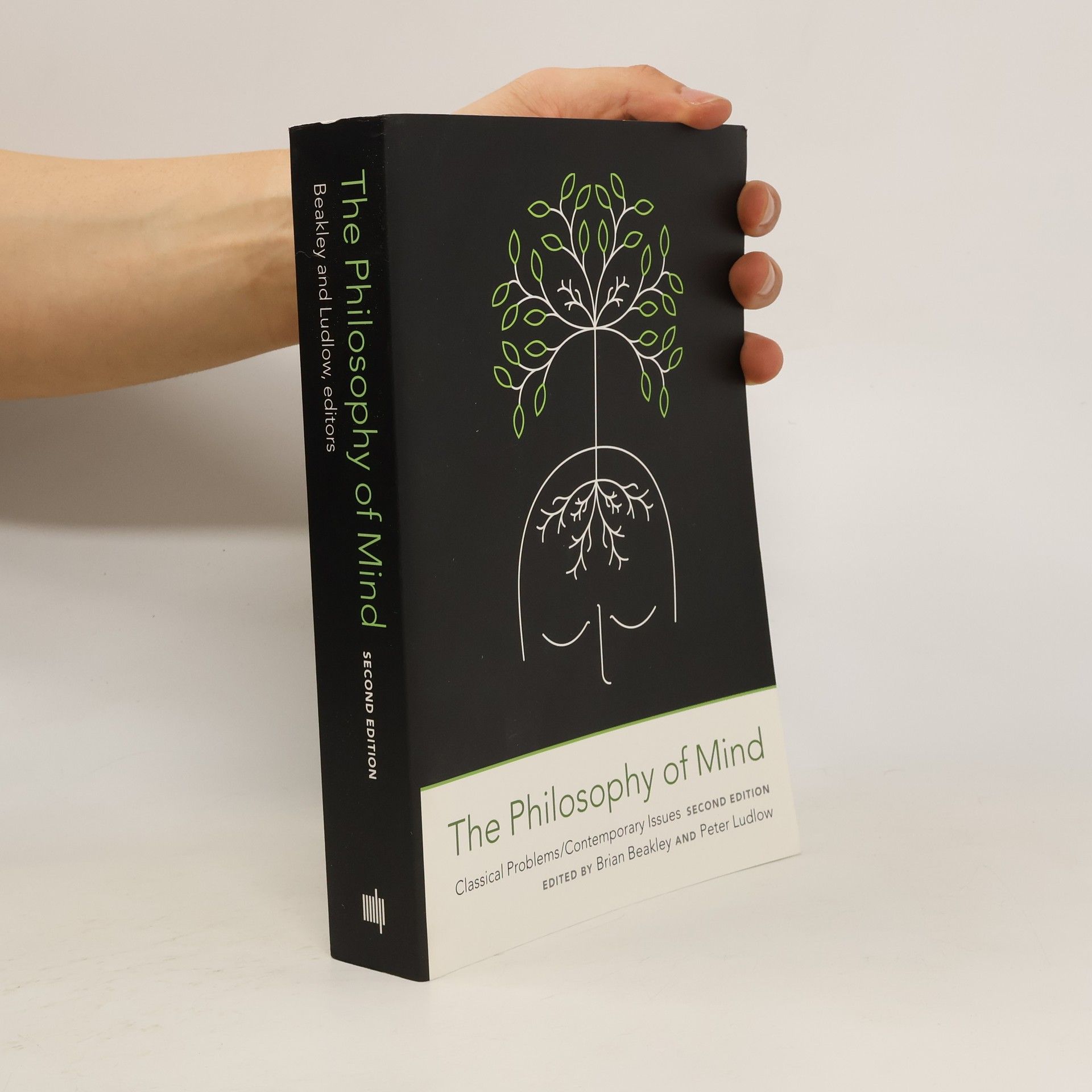The Philosophy of Mind
- 1075pages
- 38 heures de lecture
This sourcebook of primary readings offers comprehensive coverage of both historical and contemporary issues in the philosophy of mind. The second edition expands on classical and current topics, featuring additional readings and a new section on mental content. It includes contributions from thinkers such as Aristotle, Descartes, William James, Noam Chomsky, and Paul and Patricia Churchland. With eighty-three selections, the book surveys five key areas of ongoing debate: the mind-body problem, mental causation, mental content, innatism and modularity, and associationism and connectionism. Each section is accompanied by an introductory overview from the editors and suggestions for further reading. The new selections enhance historical coverage and address contemporary issues, particularly in empirical research areas like connectionism and innatism. The expanded section on the mind-body problem includes numerous readings on consciousness and qualia. This book is suitable for undergraduate and graduate courses in philosophy and psychology, serving as both a reference for researchers and a self-contained survey for general readers.



